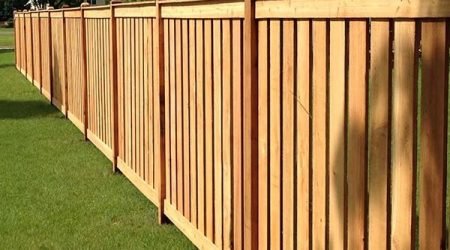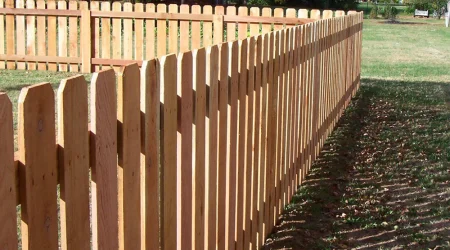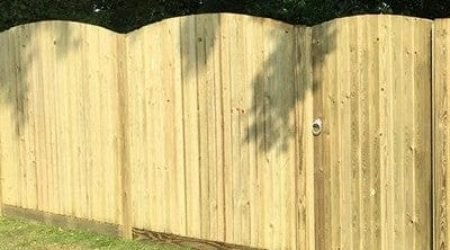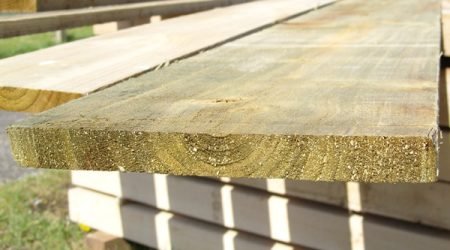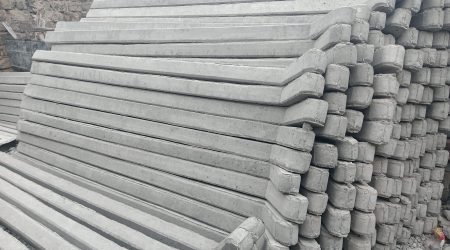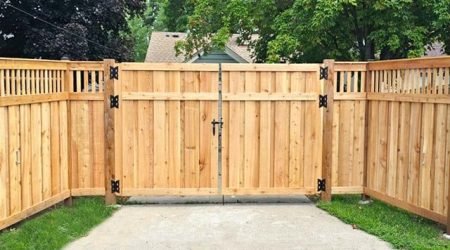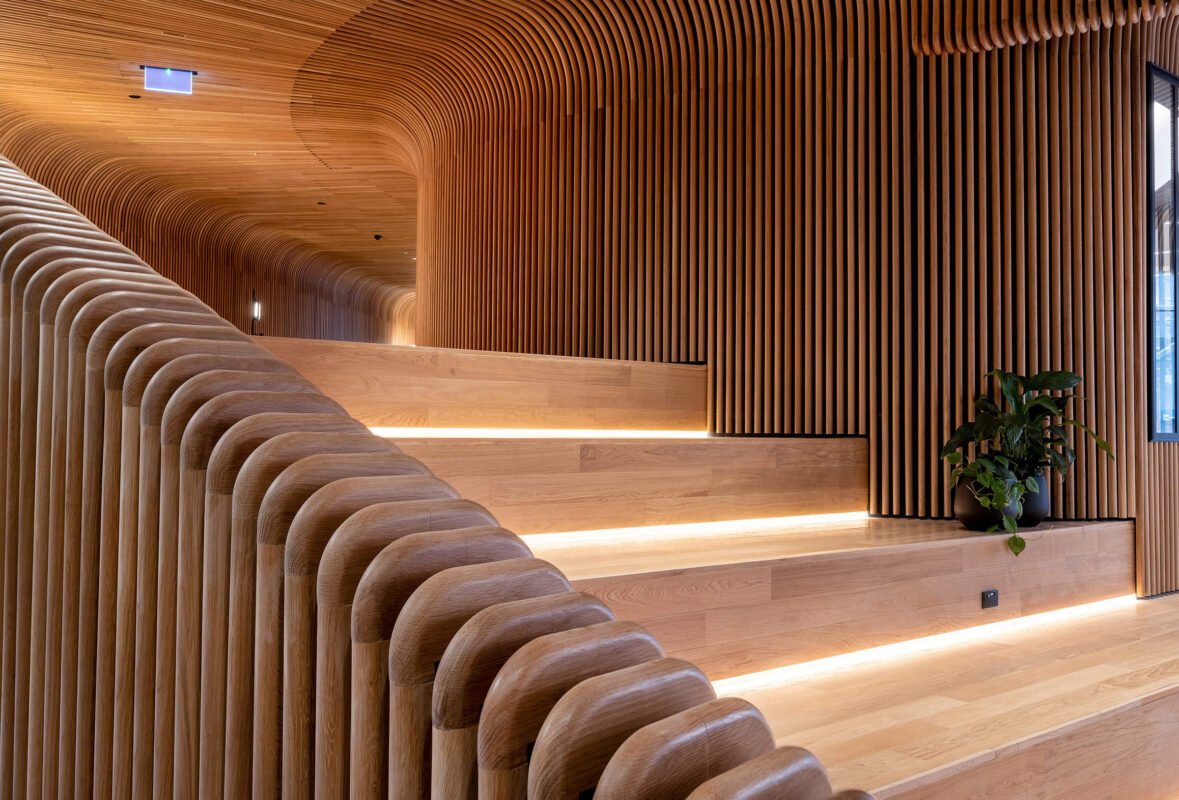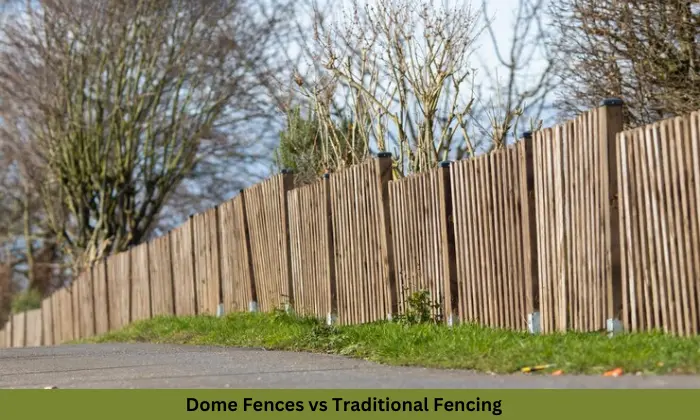When it comes to choosing the right fence for your property, there are various options available, each with its own advantages and disadvantages. Two popular choices are stylish dome fences vs traditional fencing. Understanding the differences between these options can help you make an informed decision that suits your needs.
Table of contents
What Are Dome Fences?
Dome fences are a modern fencing option characterized by their rounded, arch-like structures. These fences are typically made from metal or other durable materials, offering a unique blend of aesthetics and functionality.
Types of Traditional Fencing
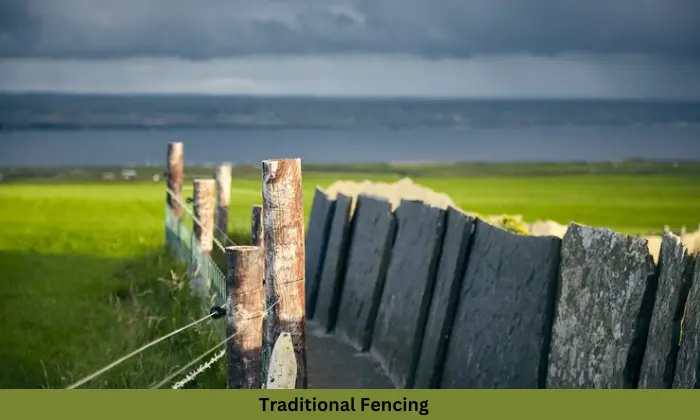
Traditional fencing encompasses a wide range of styles, including picket fences, chain-link fences, wooden panels, and wrought iron. Each type offers distinct advantages depending on your property’s needs.
Design and Aesthetics
- Dome Fences: Dome fences provide a contemporary, sleek look, ideal for modern homes or properties with an avant-garde design. The rounded shapes add a touch of elegance and are often used in gardens or around pools.
- Traditional Fencing: Traditional fences come in various designs, from classic wooden picket fences to sturdy wrought iron. These fences can complement any architectural style, making them versatile and timeless.
Durability and Strength
- Dome Fences: Dome fences are highly durable, often constructed from metal alloys resistant to weathering and corrosion. They offer long-lasting protection and require minimal repairs.
- Traditional Fencing: The durability of traditional fences varies depending on the material. Wooden fences may require regular maintenance, while metal options like wrought iron are known for their strength and longevity.
Maintenance Requirements
- Dome Fences: Generally low-maintenance, dome fences require occasional cleaning to remove dirt and debris. Metal options may need rust prevention treatments over time.
- Traditional Fencing: Maintenance needs depend on the material. Wooden fences might need painting or sealing, while metal fences require rust protection. Regular inspections are recommended to keep the fence in top condition.
Privacy Considerations
- Dome Fences: While dome fences can offer a degree of privacy, their open design may not fully block the view from outside, making them better suited for decorative purposes rather than full privacy.
- Traditional Fencing: Traditional fences like wooden panels or vinyl options provide excellent privacy, completely blocking the view from outside. These are ideal for backyards or areas where privacy is a priority.
Security Features
- Dome Fences: Dome fences can be designed with security in mind, using sturdy materials and adding features like spikes or locked gates.
- Traditional Fencing: Traditional fences, especially metal ones, are known for their security. Chain-link fences can be topped with barbed wire, and wooden fences can be built high to deter intruders.
Installation Process
- Dome Fences: Installing a dome fence typically requires professional assistance due to its unique shape and structure. The process involves precise measurements and careful assembly.
- Traditional Fencing: Traditional fencing installation varies by type. Some, like chain-link fences, are straightforward to install, while others, like wrought iron, may need professional help.
Cost Comparison of Dome Fences vs Traditional Fencing
- Dome Fences: Dome fences tend to be more expensive due to their design complexity and the materials used. However, they offer long-term value due to their durability.
- Traditional Fencing: The cost of traditional fencing varies widely. Wooden fences may be more affordable initially but could incur maintenance costs over time, while metal fences are typically more expensive but longer-lasting.
Environmental Impact
- Dome Fences: Metal dome fences can be eco-friendly if made from recyclable materials. They are durable, reducing the need for frequent replacements.
- Traditional Fencing: Wooden fences can have a significant environmental impact due to deforestation, though options like reclaimed wood can be more sustainable. Metal and vinyl fences are less eco-friendly but last longer.
Suitability for Different Properties
- Dome Fences: Dome fences are ideal for properties with modern architecture or those looking to make a statement with their fencing. They work well in gardens, around pools, or as decorative elements.
- Traditional Fencing: Traditional fences are versatile, and suitable for any property type. Whether you need a simple boundary marker or a secure perimeter, there’s a traditional fence to match.
Customization Options
- Dome Fences: Customization options for dome fences include different materials, colors, and sizes. You can design them to match your property’s unique style.
- Traditional Fencing: Traditional fences offer a wide range of customization, from the type of material to the fence height, color, and decorative elements.
Conclusion
Choosing between dome fences vs traditional fencing depends on your specific needs and aesthetic preferences. Dome fences offer a modern, low-maintenance solution with a unique design.
while traditional fencing provides a timeless look with options for high privacy and security. Consider your property type, budget, and long-term goals to make the best decision.
FAQs
Dome fences, especially those made from metal, tend to be more durable due to their construction materials and design.
Yes, dome fences generally have a higher initial cost due to their unique design and materials, but they offer long-term value.
It’s recommended to hire professionals for dome fence installation due to its complex structure.
Metal fences, whether dome or traditional, are among the most long-lasting due to their resistance to weather and wear.


